“The program of the Young Turks was not only a “Greater Turkey,” but above all a purely Turkish Turkey”
BY REGINA A. GALUSTYAN
Dr. Harry Stuermer belongs to the group of Germans who could not agree with the politics of Germany during WWI and expressed their condemnation in books, pamphlets, public lectures, etc. Witnessing the extermination of the Armenians in the Ottoman Empire his accounts have become the source to study the history of the Armenian Genocide, as well as to understand better the inner politics in the Ottoman Empire.
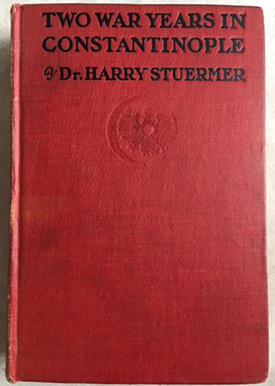

There are several historical mistakes in the narrative, for example, listing Zohrab and Vardges among the names of the Armenian intellectuals arrested on April 24. But overall Stuermer relies on his personal acquaintance with the Turkish and German officials, intellectuals, military officers. For example, this passage from the book presents both first-hand information on the inability of the Turks to understand the background of the Armenian reforms and the empire’s need for reforms in general. A Vali of Erzurum once told the author in a conversation: “The Turkish government and the Armenian people stand in the relationship of man and wife, and any third person who feels sympathy for the wife and anger at the wife-beating husband will do better not to meddle in this domestic strife.”(1) All the above-mentioned sources give him a proper background to state the pre-planned nature of the massacres indicating deportation as the main method of it. The real reason for the extermination of the Armenians, according to Stuermer, was the emerging Turkish nationalism, and he strongly believed that Ottoman Greek and Jewish communities would be the next target. Much information is given as regards the purposes and actions of the Young Turks. The portraits of Turkish statesmen, in particular Enver, Talaat, and Djemal are carefully given. A strong emphasis is laid upon the Governments shift in the ideologies: the abandonment of Pan-Islamism in favor of Turkism and Pan-Turkism: “We see very clear proof that the neo-Turkish movement is a pure race movement, is nothing but Pan-Turkism both outwardly and inwardly and has very little indeed to do with religious questions or with Islam.” The eyewitness also clarifies that this policy is carried out only at the expense of the non-Turkish population of the country (2). He describes not only the “fanatical desire” for general Turkification but also the steps taken towards it. Stuermer indicates that the problem of the program of the Young Turks was not only the construction of “Greater Turkey”, but purely Turkish Turkey: “The best means that lay to hand were the frightful Armenian persecutions which affected a wonderful clearance among the population.”(3) According to the author at some point, the Young Turks realized the enormous national importance of “Anatolia.” According to Stuermer this “discovery” of Anatolia and Turkish social politics was no more than a cleverly worked excuse of the Government for further measures of Turkification (4).
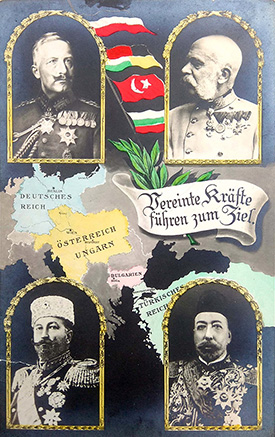

Although the book reveals the author’s prejudiced perception of the Turks and East in general (in some cases even his anti-Semitic views), in general, it has a value as a source to study the overall situation of the Ottoman Empire and the crossing point of the Turkish nationalism and extermination of native Christian populations.
- Dr. Harry Stuermer, Two war years in Constantinople: Sketches of German and Young Turkish Ethics and Politics, Hodder and Stoughton, London, New York, Toronto, MCMXVII (1917), p. 282.
- Ibid., p. 188.
- Ibid., p. 178.
- Ibid., p. 186.
Regina A. Galustyan is a Historian, PhD student and researcher at the Educational Department, Armenian Genocide Museum-Institute Foundation


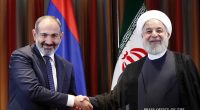
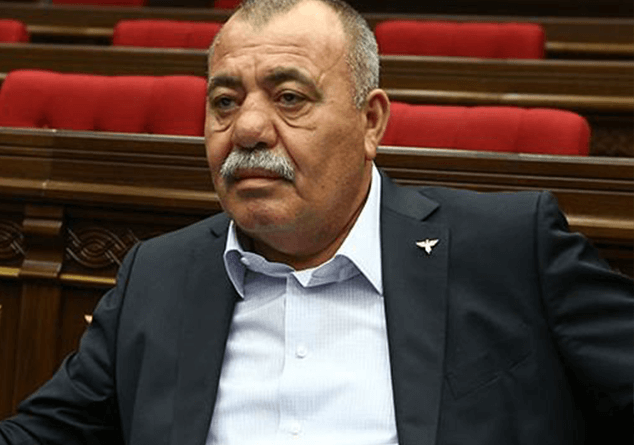

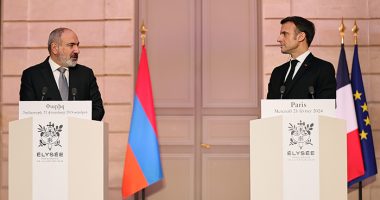





1 comment
For a critical republication of this wirk see TWO WAR YEARS IN CONSTANTINOPLE SKETCHES OF GERMAN AND YOUNG TURKISH ETHICS AND POLITICS [REVISED AND COMPLETE EDITION]
with a critical introduction to new edition by Hilmar Kaiser, London: Sterndale Classics, 2004, pp.158, ISBN 1-903756-17-6 http://www.gomidas.org/books/show/94